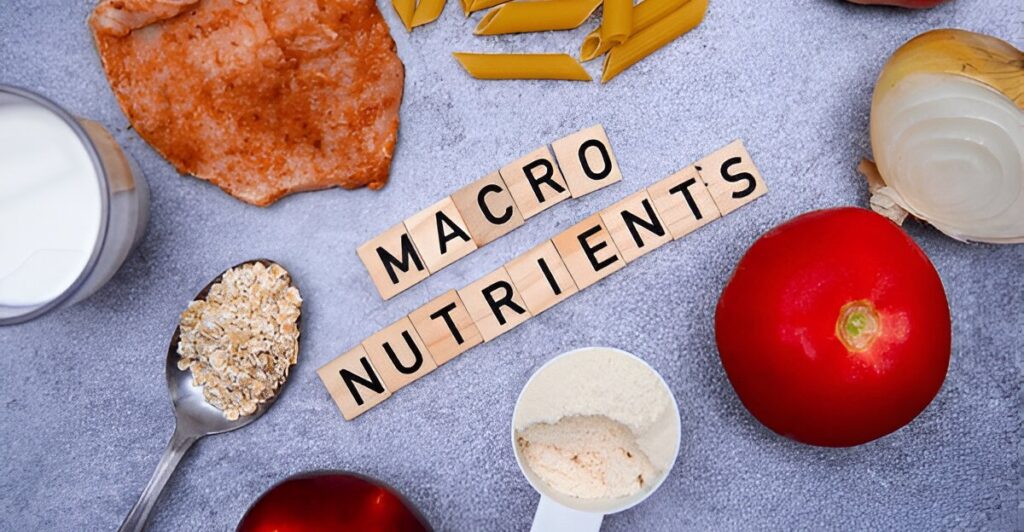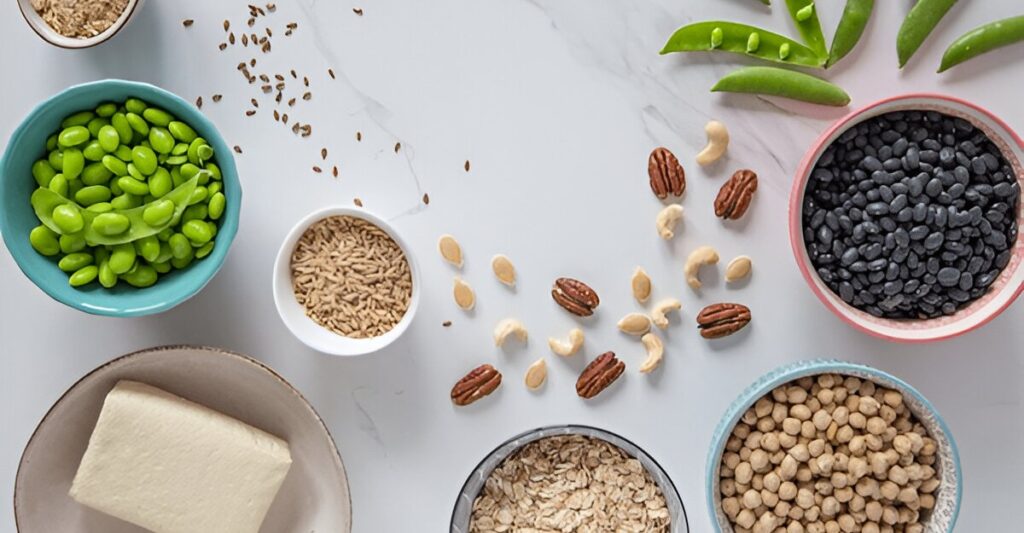Your gut is home to trillions of microorganisms, collectively known as the microbiome, which play a crucial role in your health. Beyond aiding digestion, the microbiome significantly impacts nutrient absorption, determining how effectively your body uses vitamins, minerals, and other essentials from food. Understanding the connection between the microbiome and nutrient absorption can help you optimize your diet and well-being. This article explores the science behind this relationship and offers practical tips to support a healthy gut for better nutrient uptake.
What Is the Gut Microbiome?
The gut microbiome is a diverse community of bacteria, fungi, viruses, and other microbes living in your digestive tract, primarily in the large intestine. These microbes perform vital functions, such as breaking down food, producing vitamins, and protecting against harmful pathogens. When it comes to the microbiome and nutrient absorption, the balance and diversity of these microbes directly influence how well your body extracts and uses nutrients from what you eat.
How the Microbiome Impacts Nutrient Absorption
The gut microbiome affects nutrient absorption in several key ways, from breaking down complex foods to enhancing the bioavailability of essential nutrients. Here’s how it works:
1. Breaking Down Complex Carbohydrates
Gut bacteria ferment dietary fiber and complex carbohydrates that your body can’t digest on its own. This process produces short-chain fatty acids (SCFAs) like butyrate, which nourish colon cells and improve the gut lining’s ability to absorb nutrients.
2. Enhancing Vitamin Synthesis and Absorption
Certain gut bacteria synthesize vitamins, such as:
- Vitamin K: Produced by bacteria like Bacteroides, it supports blood clotting and bone health.
- B Vitamins: Microbes like Bifidobacterium produce B vitamins, which are critical for energy and brain function. These bacteria also improve the absorption of fat-soluble vitamins (A, D, E, K) by aiding bile acid metabolism.
3. Improving Mineral Absorption
The microbiome and nutrient absorption are closely linked for minerals like calcium, magnesium, and iron. SCFAs lower the gut’s pH, making minerals more soluble and easier to absorb. For example, a healthy microbiome can enhance calcium uptake, supporting bone health.
4. Supporting Protein and Fat Metabolism
Gut microbes help break down proteins into amino acids and metabolize fats into usable forms. A balanced microbiome ensures efficient absorption of these macronutrients, which are essential for muscle repair, hormone production, and energy.
5. Reducing Anti-Nutrients
Some foods contain anti-nutrients, like phytates or oxalates, that bind to minerals and reduce their absorption. Certain gut bacteria, such as Lactobacillus, break down these compounds, improving nutrient bioavailability.
What Happens When the Microbiome Is Imbalanced?
An imbalanced microbiome, known as dysbiosis, can impair nutrient absorption and lead to deficiencies, even if you’re eating a nutrient-rich diet. Common causes of dysbiosis include:
- Poor diet high in processed foods or sugar
- Antibiotic overuse
- Chronic stress
- Lack of sleep
Dysbiosis may cause inflammation, damage the gut lining, or reduce beneficial bacteria, all of which hinder the microbiome’s ability to support nutrient absorption. Symptoms like bloating, fatigue, or frequent infections may signal poor nutrient uptake.
How to Support Your Microbiome for Better Nutrient Absorption
Optimizing the microbiome and nutrient absorption starts with nurturing your gut health. Here are practical, science-backed strategies to enhance your microbiome and maximize nutrient uptake:
1. Eat a Diverse, Fiber-Rich Diet
Fiber feeds beneficial gut bacteria, promoting diversity and SCFA production. Aim for a variety of plant-based foods to support the microbiome and nutrient absorption.
Best Fiber Sources:
- Vegetables: Broccoli, kale, and carrots.
- Fruits: Berries, apples, and pears.
- Whole Grains: Oats, quinoa, and barley.
- Legumes: Lentils, chickpeas, and black beans.
Pro Tip: Aim for 25-30 grams of fiber daily, increasing gradually to avoid discomfort.
2. Include Fermented Foods
Fermented foods are rich in probiotics, which introduce beneficial bacteria to your gut. These microbes enhance nutrient absorption by improving gut health.
Top Fermented Foods:
- Yogurt (with live cultures)
- Kefir
- Sauerkraut
- Kimchi
- Miso
Pro Tip: Choose unsweetened, minimally processed fermented foods for maximum benefits.
3. Limit Processed Foods and Sugar
Highly processed foods and added sugars feed harmful bacteria, disrupting the microbiome. This can reduce nutrient absorption and increase inflammation.
What to Avoid:
- Sugary drinks like soda
- Packaged snacks like chips or cookies
- Refined grains like white bread
Pro Tip: Swap processed snacks for whole-food alternatives like nuts or fresh fruit.
4. Stay Hydrated
Water supports digestion and helps transport nutrients across the gut lining. Dehydration can impair the microbiome’s function and reduce nutrient absorption.
Pro Tip: Aim for 8-10 cups of water daily, adjusting for activity level and climate.
5. Manage Stress and Sleep
Chronic stress and poor sleep disrupt the microbiome, reducing its ability to support nutrient absorption. Practice stress-relief techniques like meditation or yoga, and aim for 7-9 hours of quality sleep nightly.
Pro Tip: Create a bedtime routine to improve sleep consistency.
6. Consider Probiotic and Prebiotic Supplements
If your diet lacks fermented foods or fiber, supplements can help. Probiotics add beneficial bacteria, while prebiotics (like inulin) feed existing microbes. Consult a healthcare provider to choose the right supplement for your needs.
Sample Gut-Healthy Meal Plan
Here’s a one-day meal plan to support the microbiome and nutrient absorption:
- Breakfast: Greek yogurt with mixed berries, chia seeds, and oats.
- Snack: An apple with a handful of almonds.
- Lunch: Grilled chicken with quinoa, roasted sweet potatoes, and sautéed spinach.
- Snack: Kefir smoothie with banana and flaxseeds.
- Dinner: Baked salmon with brown rice, steamed broccoli, and a side of sauerkraut.
Final Thoughts
The microbiome and nutrient absorption are deeply connected, influencing how your body uses the food you eat. By nurturing your gut with a diverse, fiber-rich diet, fermented foods, and healthy lifestyle habits, you can enhance nutrient uptake and support overall health. Start small with one or two changes, like adding a serving of vegetables or trying a new fermented food, and watch how your body responds. With a thriving microbiome, you’ll unlock the full potential of your diet for better energy, immunity, and vitality.


